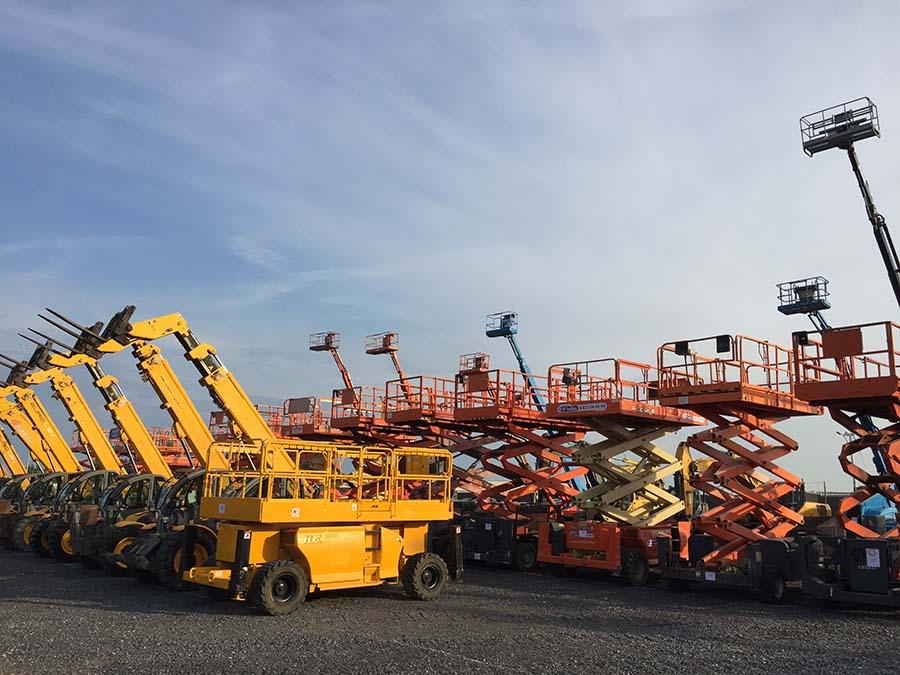About us
Leading the digital revolution in construction
Equippo was founded in 2014 on the belief that buying and selling used construction equipment on the global market should be a simple and straightforward process.
We’re headquartered in Switzerland and with offices in Germany, France, The Netherlands and Belgium where our international team is dedicated to providing a one-stop solution that empowers the construction industry to become more efficient and sustainable.
It started with the launch of our global end-to-end online marketplace for used construction equipment. Some years later we introduced online auctions and since 2022 we’ve started working on our Fleet Solutions apps for web and mobile.
5000+
Equipment sold130.000
Buyers & Sellers80+
Countries sold toSwiss startup launches Zalando for excavators
Creating positive impact
Equippo & Sustainability
Easy redistribution of equipment
By giving customers access used equipment on the global market, we make it much easier for them to get cleaner equipment.
Browse All Equipment ›Direct transportation for reduced emissions
We provide direct transportation and local storage yards close to our sellers. This is cheaper and better for our planet.
How it works ›Backed by
Our investors
Wallenius Wilhelmsen
Wallenius Wilhelmsen is a market leader in RoRo shipping and vehicles logistics, managing the distribution of various equipments all over the world.
Sumitomo Corporation
Sumitomo Corporation (SC) is a leading Fortune 500 global trading and business investment company. They have over 900 companies in 132 locations all over the world.
b-to-v
b-to-v Partners is one of Europe’s foremost networks for entrepreneurial investors, and recently launched its third start-up investment fund of 63 Million Euro.
Venture Incubator AG
Venture Incubator AG (VI) is a Swiss venture capital firm which invests in innovative technology, IT, and biotech businesses.
The Equippo Experience
What our customers say
★★★★★ Google Reviews
We just bought an excavator from Equippo. The machine is in better condition than expected from the pictures and videos on the site. Great support from the staff, fast and ok price for the delivery. We will keep in touch and buy again. Thaaanks
George D.Buyer from Romania
Everything great, everything was by agreement, a simple purchase
Igor S.Buyer from Serbia
My experience with Equippo has been great. They are very helpful and communication with them is quick and easy. Everything went smoothly and the machine is in great condition.
Veronika K.Buyer from Czech Republic
Everything was simple and quick. The machine is exactly as described, it only had the points that were mentioned. They are very honest with their descriptions
Miguel T.Buyer from Portugal
I recommend, all steps were completed as announced. Excellent professionals, always available for any questions.
Sergio S.Buyer from Portugal
Very friendly and attentive at all times
David G.Buyer from Spain










